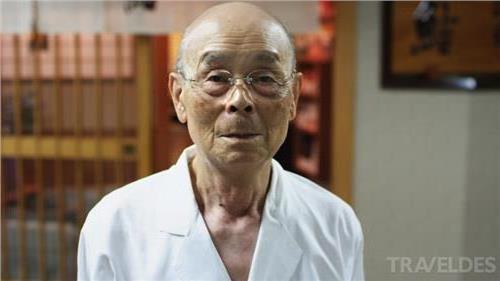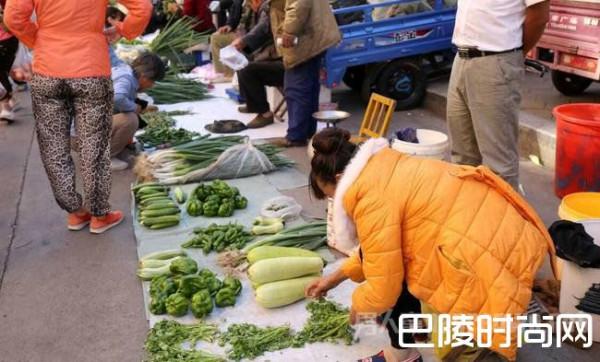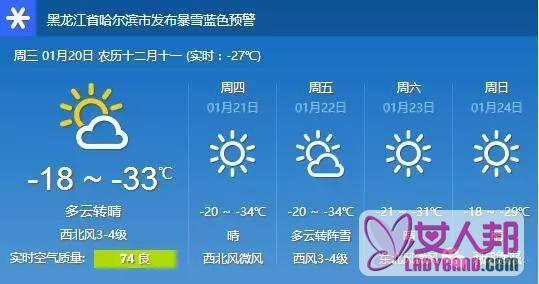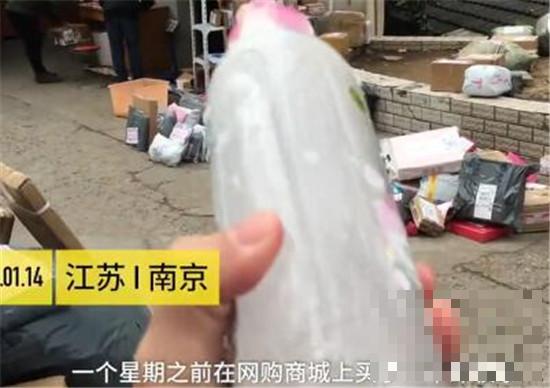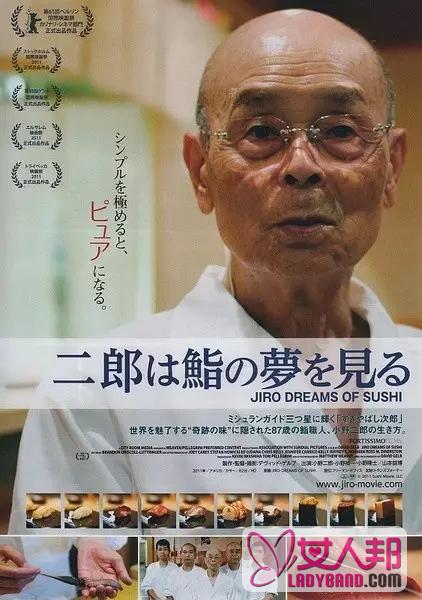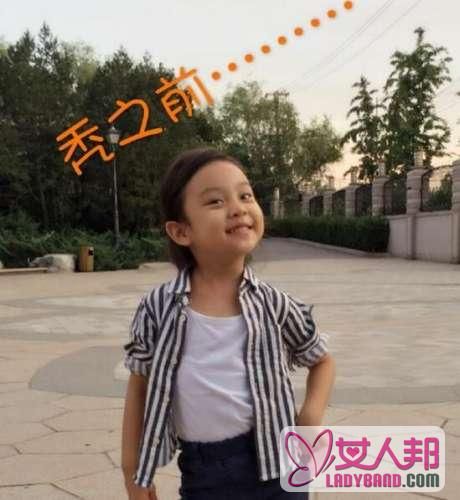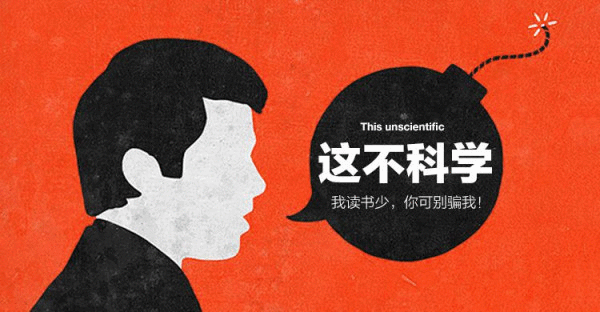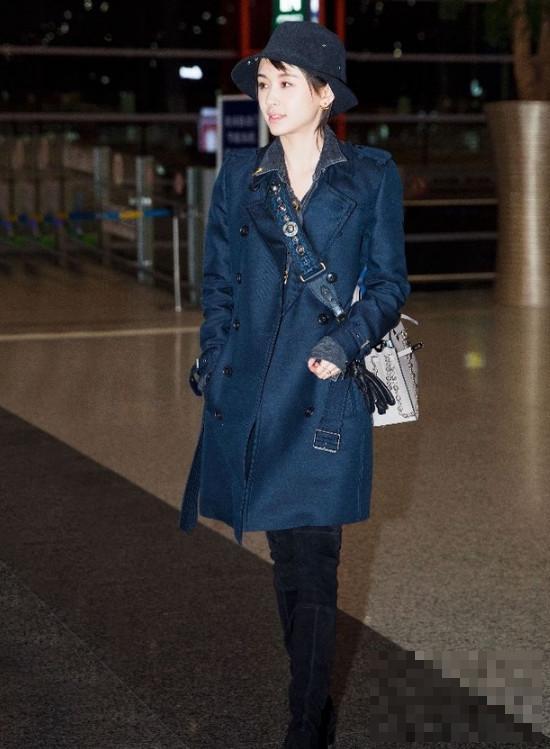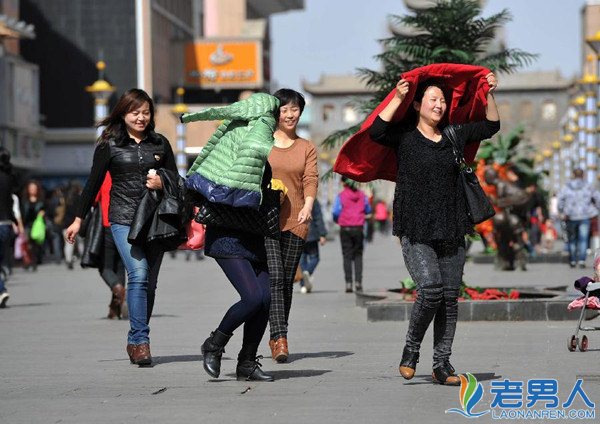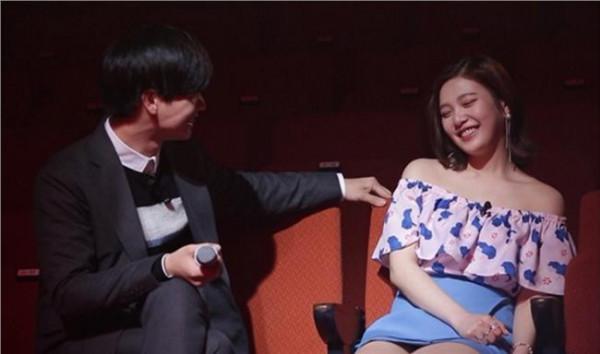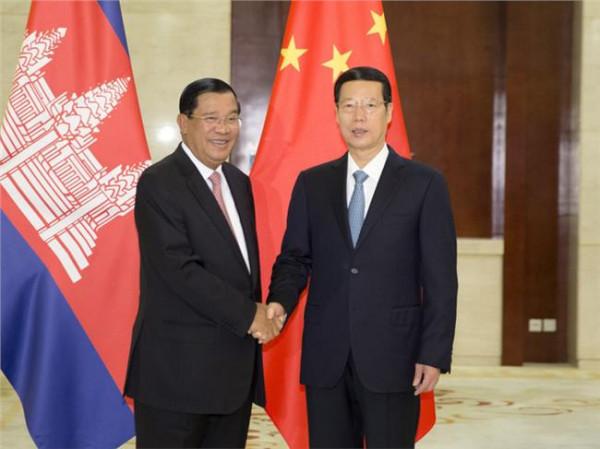“寿司之神”小野二郎将在北京开店
2011年描写小野二郎的美国纪录片《寿司之神》(Jiro Dreams of Sushi)播出后,他对完美生鱼片的追求引起了全世界的关注。今年早些时候美国总统奥巴马(Barack Obama)光临了小野二郎在东京的寿司店数寄屋桥次郎(Sukiyabashi Jiro)之后曾说这里的寿司是他吃过的“最好”的。
The flagship branch is a renowned three-Michelin-star restaurant, while Jiro's younger son, Takashi Ono, manages a second branch at Roppongi Hills, also in Tokyo. But now family brand is expanding out of its beloved Japan for the first time, with a third restaurant in Beijing that plans to open at the beginning of August.
这家旗舰店是一家有名的米其林三星餐厅,小野二郎的小儿子小野隆(Takashi Ono)在东京的Roppongi Hills开设了第二家分店。现在这家家族品牌第一次开始筹备在海外开设分店,第三家餐厅计划开设在北京,将于8月初开业。
John Zing, an entrepreneur whose family business has long invested in Chinese and foreign food chains, tells China Real Time that he has poured about $800,000 so far into helping Jiro's brand expand overseas. Takashi Ono, who is particularly keen on expanding his father's brand abroad is spearheading the latest opening, says Mr. Zing.
John Zing是一位其家族企业长期投资中国和海外连锁餐厅的商人。他向“中国实时报”透露,到目前为止他已经投入了约80万美元帮助小野的品牌向海外扩张。Zing表示,小野隆对于向海外扩张非常热心,他在负责北京餐厅的开张事宜。
Diners' experience in Beijing may vary slightly, as their sushi won't be graced by the hands of original master himself. Now 85 years old and in deteriorating health, Jiro only makes sushi on occasion, even at his flagship, where his elder son Yoshikazu typically makes the sushi these days and is expected to one day take over, Mr. Zing says. At the Beijing branch, the roster of chefs will include Jiro's younger son, as well as Hachiro Mizutani and Yoshinori Mizutani, two chefs who both trained for more than ten years under Jiro, according to Mr. Zing.
不过在北京的这家餐厅小野二郎不会亲自下厨,因此食客的体验可能会与东京有所不同,Zing说,即便是在他的旗舰餐厅,现年已经85岁并且健康状况每况愈下的小野二郎也只会偶尔下厨制作寿司,现在一般都是他的大儿子小野祯一(Yoshikazu)在旗舰餐厅担任主厨,估计以后会接替父亲的工作。Zing还透露,北京分店的主厨将包括小野二郎的小儿子以及另外两名大厨Mizutani和Yoshinori Mizutani,两人均在小野二郎的指导下培训了超过10年。
At $200 to $300 per person for a meal, the Beijing branch will also be slightly cheaper compared to a start of around 30,000 Japanese yen, or about $300, at the flagship. That's in part because Takashi's sushi-making style is more 'easygoing' than that of his father, who upholds the most 'rigorous' standards, explains Mr. Zing.
北京店的人均消费将为人民币200-300元,与日本旗舰店人均30,000日圆(合300美元)起的消费水平相比相对便宜。Zing解释说,这是因为小野隆的寿司制作风格与其父亲相比较为“随和”,后者坚持最为严格的寿司制作标准。
Attempts to reach Jiro's management in Japan for comment weren't immediately successful.
记者数次尝试接触小野二郎的管理团队对此置评,但均未果。
The restaurant will also be far more accessible to Chinese diners: While the flagship restaurant serves Chinese patrons, it has long declined phone reservations from callers who speak in Chinese, instead requiring them to reserve through a non-Chinese contact, according to Mr. Zing. The Beijing branch wants to attract high-level clientele, including finance industry executives working in the area, but that of course will include Chinese citizens, he added.
在面对中国食客时,北京店也会比日本旗舰店更加亲民。Zing解释称,尽管日本旗舰店也会为中国食客服务,但是这家店长期以来拒绝接受中文电话预约,并要求对方通过非中文联系人来进行预约。Zing还说,北京店希望吸引高端食客,包括在北京工作的金融行业高管,当然其中也包括中国食客。
Takeshi's restaurant briefly was thrust into the spotlight earlier this year after a Chinese tour group dining there demanded the chef cook their sushi. The woman who made the request -- and sparked the subsequent online backlash -- later apologized. 'Some Chinese feel like they can demand such things because they have money,' said Mr. Zing. The hope is for such incidences to not happen again, he added.
今年早些时候,小野隆的餐馆一度成为关注焦点,因为之前一群中国游客在该店用餐时,要求厨师加热寿司。这一事件在网上掀起波澜,提出这一要求的女士后来作出了道歉。Zing说,一些中国人觉得他们有钱就可以做出这些要求。他还说,希望这种事情不会再次发生。
Retaining Jiro's spirit of perfectionism and dedication to guests is the Beijing branch's priority, says Mr. Zing. Similar to the brand's flagship, there won't be a menu, as the chef decides what guests eat depending on the catches of the day. And as is often the case at high-end sushi restaurants, the space will accommodate less than a dozen guests in one sitting.
Zing说,北京店优先考虑的是保留小野二郎对完美的追求,以及对客人的服务。与旗舰店相同的是,北京店不设菜单,因为厨师会根据当天的食材来决定菜单。此外,与其他高端寿司店一样,北京店的店面一次只能坐下十几个人。




